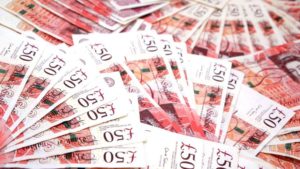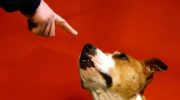Probashbangla24 online Desk : The £50 note will not be scrapped and will instead get a plastic redesign, the Bank of England has said.
Fears that the largest denomination was widely used by criminals and rarely for ordinary purchases had prompted a proposal to abolish it.
But ministers said the new version, to be printed in the UK, would be more durable, secure and harder to forge.
Polymer £5 and £10 notes are already in circulation, while a £20 design will be issued in 2020.
There are currently 330 million £50 notes in circulation, with a combined value of £16.5bn, the bank said.
‘Currency of corrupt elites’
In March, a review by the Treasury said that they were “rarely used” for routine transactions.
“There is also a perception among some that £50 notes are used for money laundering, hidden economy activity, and tax evasion,” The Treasury said.
Peter Sands, former chief executive of Standard Chartered bank, has also said high value notes are the “currency of corrupt elites, of crime of all sorts and of tax evasion”.
But Robert Jenrick, exchequer secretary to the Treasury, said: “People should have as much choice as possible when it comes to their money and we’re making sure that cash is here to stay.
“Our money needs to be secure and this new note will help prevent crime.”
Some vegans, Hindus and Sikhs have voiced concerns about the move to polymer bank notes, however, after they were found to contain traces of animal fats.
Who will be on the new £50 note?
The decision will also raise questions over which famous Briton will feature on the reverse of the note.
Steam engine pioneers James Watt and Matthew Boulton appear on the current £50, issued in 2011.
Jane Austen was chosen to appear on the plastic £10 note after a campaign to represent women other than the Queen on English notes.
The Bank of England now has a committee which asks for public nominations in a chosen field.
In 2015, 30,000 people nominated 590 famous visual artists for the £20 note, before JMW Turner was selected with the help of focus groups. BBC
Saturday 27th of July 2024 03:58 AM






